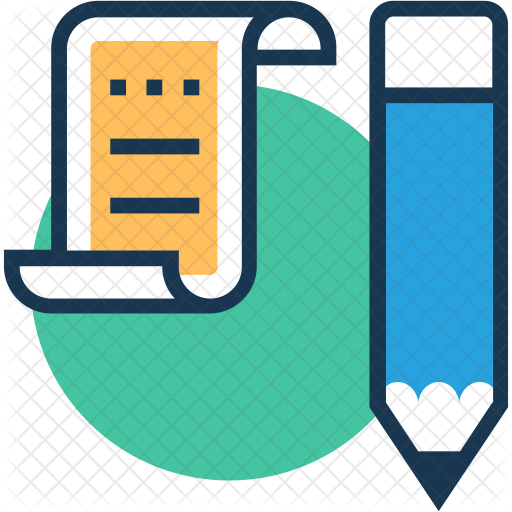The Common Law Entrance Test (CLAT) will be conducted every year, and thousands of students appear in this exam to seek admission into top NLUs. A complete CLAT syllabus helps students to build focused preparation. The CLAT syllabus covers the five major sections, like English, current affairs & general knowledge, legal reasoning, and quantitative techniques. Understanding the complete syllabus of the CLAT is the first step toward effective preparation.
CLAT Syllabus 2026
The CLAT 2026 exam covers reading comprehension, legal reasoning, general knowledge & current affairs, logical reasoning, and quantitative aptitude. There are a total of 120 questions asked in the exam for 120 marks. The CLAT 2026 syllabus gives you a clear idea about the questions that will be asked in the exam. The CLAT syllabus is designed to assess every academic background. Once the aspirants have a clear idea about the CLAT syllabus, they can select the high-priority topics and adjust their study plan according to this.
Subjects in CLAT UG 2026 Syllabus
- Logical Reasoning – Tests how clearly you can think and solve puzzles or arguments.
- Quantitative Techniques – Involves simple math using numbers, graphs, or tables.
- Current Affairs & General Knowledge – Covers recent news and general facts.
- English Language – Checks how well you understand passages and use vocabulary.
- Legal Reasoning – Looks at how you apply basic legal ideas to different situations.
Check- CLAT Admit Card 2026
Section-wise CLAT 2026 Syllabus
The CLAT syllabus is divided into 5 major parts, which are English language, legal reasoning, logical reasoning, general knowledge & current affairs, and quantitative aptitude. Below, we provide a detailed syllabus of the CLAT exam.
| Subjects | Syllabus |
English | Passage Comprehension
|
Current Affairs and General Knowledge | Passage-based questions
|
Legal Reasoning | Passage-based questions
|
|
|
| Passage/Graphs/Other Representations
|
Weightage Of CLAT Syllabus
Weightage indicates the number of questions and the marks for each section. To score well, students should focus on each section. There is a balanced weightage from every section in the exam. Look below for the weightage from each section.
| Subjects | Weightage % | Questions |
| English | 18.66-21.33 | 22-26 |
| Legal Reasoning | 23.33-26 | 28-32 |
| Logical Reasoning | 18.66-21.33 | 22-26 |
| General Knowledge & Current Affairs | 23.33-26 | 28-32 |
| Quantitative Aptitude | 8.66-11.33 | 10-14 |
Why Knowing the CLAT Syllabus is Important
- It helps to plan an effective strategy; you can allocate the time according to your strengths and weak subjects and ensure balanced and organized preparation.
- Understanding the syllabus ensures that you don’t skip any topics from the syllabus.
- Familiarizing yourself with the syllabus helps you to analyze your mock test; you can identify each section easily and improve weak areas.
- If you know the exact syllabus, it helps you focus only on the relevant topics.
- When you know what to study for an exam, and you enter the exam hall having covered the whole syllabus, that boosts your confidence automatically.
Preparation Tips for the CLAT Exam
The CLAT preparation becomes more effective with the right strategy, consistent practice, and focused revision. Understand the exam pattern, marking scheme, and regular mock tests. With a smart study plan, you can secure admission in the top NLU college.
- First of all, you should review the syllabus to understand all the sections.
- You should know about the pattern, which will help to identify the important topics, the marking scheme, and the most frequently asked questions.
- You should focus on current affairs. This ensures high accuracy in the GK section.
- Practice legal reasoning and test your ability to understand legal concepts. Daily practice improves your speed and accuracy in the exam.
- You should attempt mock tests regularly, which will help you improve your time management. It also improves accuracy and reduces negative marking.
- Regular revision will help you remember every topic, and revision can boost your confidence on the exam day.
